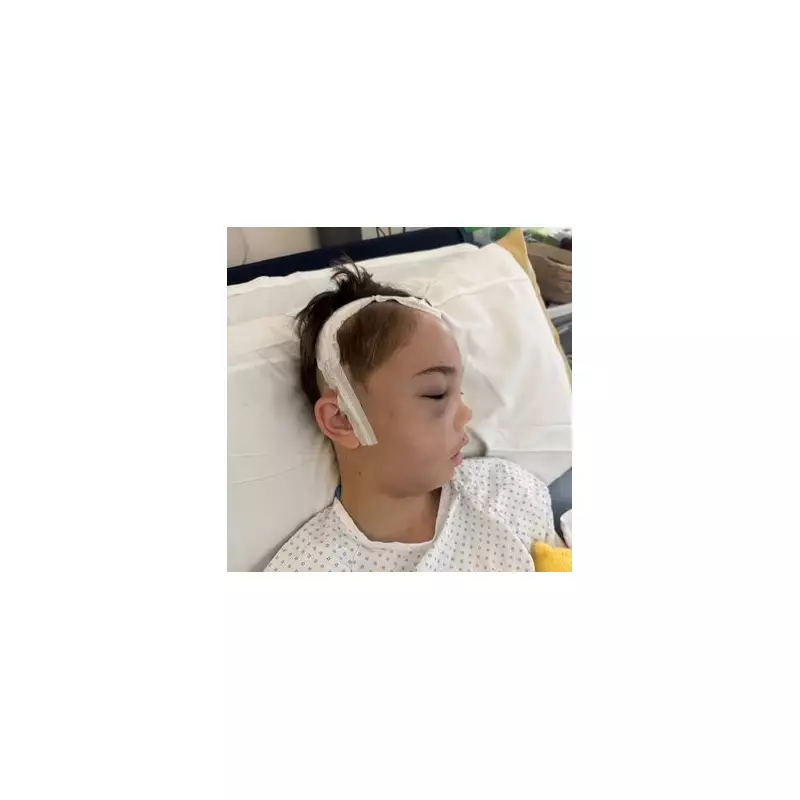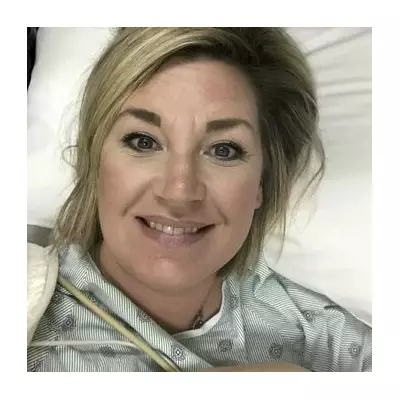
In a story that has left medical professionals baffled and a family terrified, an 11-year-old boy's ordinary life turned into a medical nightmare overnight. Leo Gumbley, a previously healthy and active child, went to bed completely normal and woke up unable to walk or speak.
The Night That Changed Everything
Leo's mother, Stacey Gumbley from Stoke-on-Trent, recalls the chilling moment she realised something was terribly wrong with her son. "He woke up and was just completely vacant," she described. "He couldn't form words, couldn't stand up, couldn't do anything for himself."
The family's world turned upside down as they rushed Leo to Royal Stoke University Hospital, where doctors initially struggled to diagnose the mysterious condition that had stolen the boy's basic functions overnight.
Diagnosis: ADEM - A Rare Neurological Condition
After extensive testing, medical specialists identified Leo's condition as Acute Disseminated Encephalomyelitis (ADEM), a rare inflammatory disorder that attacks the brain and spinal cord. This serious condition typically follows viral infections or vaccinations and causes widespread inflammation that damages the protective covering of nerve fibers.
"It was absolutely petrifying," Stacey admitted. "To see your child go from being perfectly healthy to completely dependent in the space of one night is every parent's worst nightmare."
The Road to Recovery
Leo spent nearly two weeks in hospital undergoing intensive treatment, including steroid therapy to reduce the brain inflammation. His recovery has been gradual but remarkable, with the young boy slowly regaining his ability to walk and communicate.
"He's doing amazingly well now," his relieved mother shared. "But we're still dealing with the aftermath. He gets frustrated because he can't always find the right words, and his balance isn't what it used to be."
A Warning to Other Parents
The family is now speaking out to raise awareness about ADEM and other rare childhood neurological conditions. Stacey emphasises the importance of trusting parental instincts when something seems wrong with a child's health.
"If your child seems off, even if you can't pinpoint why, get them checked out," she urges. "We're just grateful that the NHS team acted so quickly once we got to hospital."
Leo's case has prompted renewed attention to rare neurological conditions in children and the importance of early detection and treatment for the best possible outcomes.





